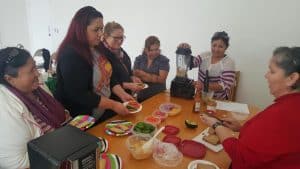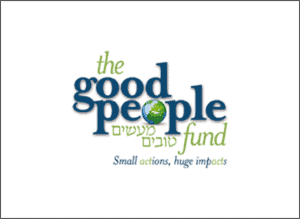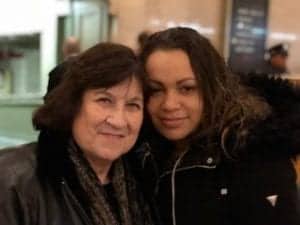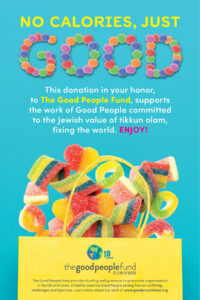Episode 2: Providing for Those Along Life’s Edge
We talk with Fran Held, Founder of Mitzvah Circle Foundation, a Pennsylvania non-profit organization and Good People Fund grantee that provides donated and purchased goods like clothing, children’s books, toiletries, housewares and more to individuals and families in crisis.









